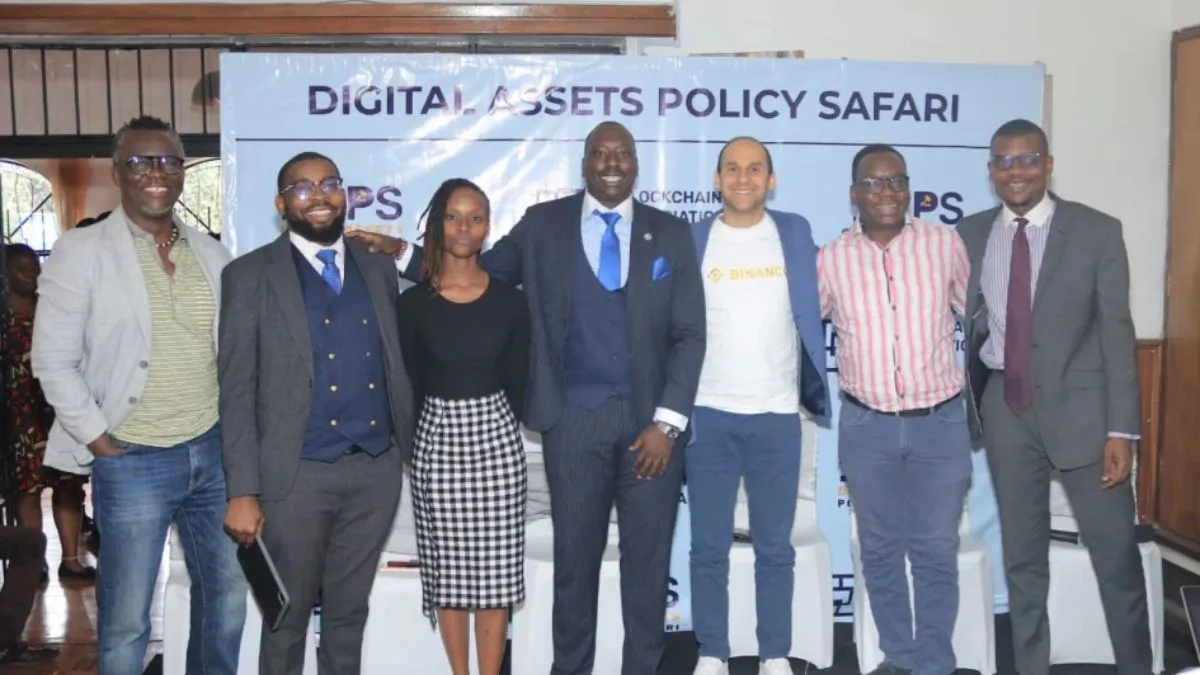The Virtual Asset Chamber of Commerce (VACC), Kenya’s leading policy think tank for blockchain and virtual assets, has successfully represented the interests of the nation’s virtual asset stakeholders during the final public participation session for the Virtual Asset and Virtual Asset Service Providers – VASP) Bill 2025 and National Policy Framework.
The session, held on January 29, 2025, marked a pivotal moment in shaping Kenya’s regulatory landscape for digital assets.
The VASP Bill 2025, released earlier this year, aims to establish a comprehensive regulatory framework for virtual assets and service providers in Kenya.
It addresses critical areas such as licensing, taxation, consumer protection, and innovation in the rapidly evolving digital asset sector. The bill’s implementation is expected to position Kenya as a leader in Africa’s
tech-driven economy, often referred to as the “Silicon Savannah.” However, the proposed 3% Digital Asset Tax (DAT) has sparked significant concern among industry stakeholders, who argue that the rate is unsustainable and could stifle innovation and investment.
Why the VASP Bill Matters
The VASP Bill is a landmark piece of legislation designed to regulate virtual assets, such as cryptocurrencies, stablecoins, and other digital tokens, as well as the service providers that facilitate their use.
Its passage will provide much-needed clarity for businesses and investors, ensuring Kenya remains competitive in the global digital economy.
Read Also: BAK Invites feedback on draft Virtual Assets Service Provider Bill
However, the proposed 3% DAT has raised alarms, as it far exceeds global standards. For context, Indonesia, the only other country with a similar tax, imposes a rate of just 0.1% to 0.2%.
Industry leaders warn that the 3% tax could cripple the sector, drive away international investors, and undermine Kenya’s ambitions to become a hub for blockchain innovation.
“The industry cannot survive a tax that is ten to thirty times higher than standard exchange trading fees and far exceeds our customers’ profit margins. This tax threatens to make the industry fundamentally unviable, leaving regulators with nothing to regulate or tax. Immediate resolution is critical.” said Mr Allan Kakai, a Director at the Virtual Assets Chamber of Commerce during his presentation to the National Treasury.
VACC’s Role in Shaping the Future of Kenya’s Digital Economy
As the voice of Kenya’s virtual asset ecosystem, VACC submitted a comprehensive memorandum to the National Treasury, addressing urgent industry concerns and proposing actionable recommendations. Key highlights of VACC’s participation include:
- Robust Industry Representation: VACC ensured that the voices of Kenya’s virtual asset stakeholders were heard, advocating for fair taxation, innovation-friendly policies, and operational clarity.
- Progressive Recommendations: The memorandum outlined a balanced regulatory approach that aligns with global best practices, such as the EU’s Markets in
Crypto-Assets (MiCA) framework, to foster cross-border transactions and global competitiveness.
- Call for Continued Engagement: VACC echoed the National Treasury’s call for stakeholders to submit detailed feedback via email to pstnt@treasury.go.ke, emphasizing the importance of collaboration in shaping a forward-looking regulatory
VASP Bill 2025 and VACC’s Key Recommendations
Encouraging Entrepreneurship & Investment: The bill should attract foreign direct investment by avoiding overregulation and excessive compliance costs.
- Alignment with Global Standards: Kenya should harmonize its policies with international frameworks to support cross-border transactions and global
- Regulatory Clarity on Licensing & Oversight: Introduce a tiered licensing system to accommodate multi-service providers and eliminate regulatory duplication.
- Stablecoin Regulation & Payment Innovation: Provide clear definitions and guidelines to ensure stablecoins drive financial inclusion and economic efficiency.
- Reasonable Taxation & Compliance Measures: The current 3% digital asset tax on the trade or transfer of virtual assets regardless of profit or loss threatens to cripple job creation, drive the sector “underground”, and push investment away from Kenya. Without urgent reconsideration, Kenya risks strangling its burgeoning blockchain and crypto ecosystem, deterring global players, and losing its competitive edge in Africa’s digital economy.



